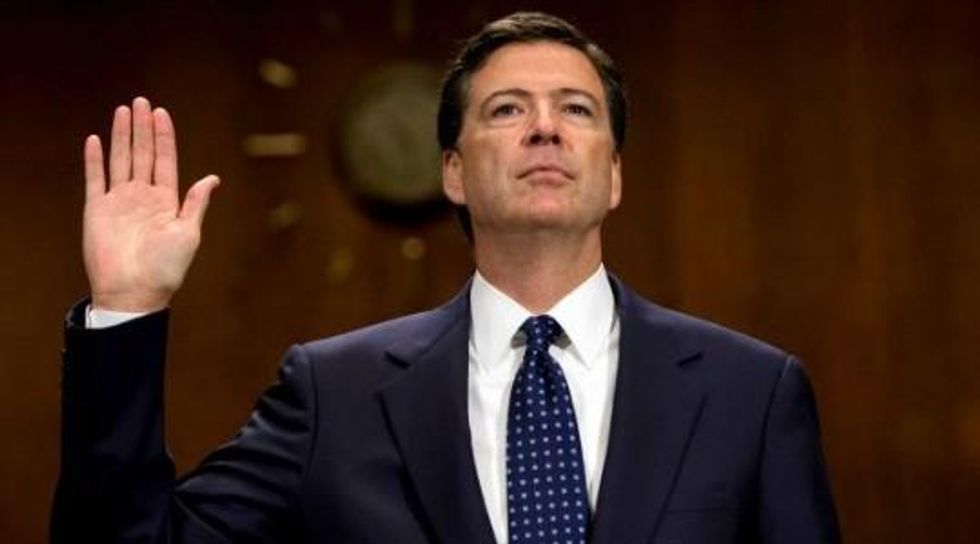President Obama's nomination for FBI director, James B. Comey,
said before his Senate confirmation hearing on Tuesday that he supports the National Security Agency's widespread surveillance programs including the monitoring of U.S. citizens' phone calls and online communications.
Comey said that while he is currently "not familiar with the details of the current programs," he insisted that he does know "as a general matter" that "the collection and analysis of metadata is a valuable tool in counter-terrorism."
His comments come amid growing criticisms of the agency's all-encompassing spying techniques.
Later, while promising to be a "voice for transparency" and a protector of whistleblowers within the Bureau, Comey simultaneously suggested that the so-called "shield law," which protects journalists from having to reveal their sources, should be subject to exception in national security cases.
"I can only say with confidence that it's very important for the next director to continue the transformation of the FBI into an intelligence agency," Comey added during the three-hour hearing, which the Guardian's Spencer Ackerman said was more "like a coronation" than a confirmation hearing, where Comey enjoyed "very solid support."
Comey, a former deputy attorney general and federal prosecutor from the George W. Bush administration, also said that he believes the secretive FISA court system provides adequate checks and balances, particularly for the FBI. That same court, however, has come under vast scrutiny for its secretive and far reaching practices following NSA whistleblower Edward Snowden's recent groundbreaking leaks--with the latest criticisms coming from a former FISA judge who spoke out against the program on Tuesday.
Pointing to Comey's record in the Bush administration, Laura W. Murphy, the director of the American Civil Liberties Union's legislative office in Washington, wrote in the Guardian Tuesday that Comey is "hardly a poster-child for civil liberty."
Murphy writes:
While Comey deserves credit for stopping an illegal spying program in dramatic fashion, he also approved or defended some of the worst abuses of the Bush administration during his time as deputy attorney general. Those included torture, warrantless wiretapping and indefinite detention.
A senior Bush administration official who worked closely with Comey told the New York Times that "he was quite comfortable with a whole bunch" of government surveillance programs and that he had repeatedly signed off on their authorization.
_______________________

